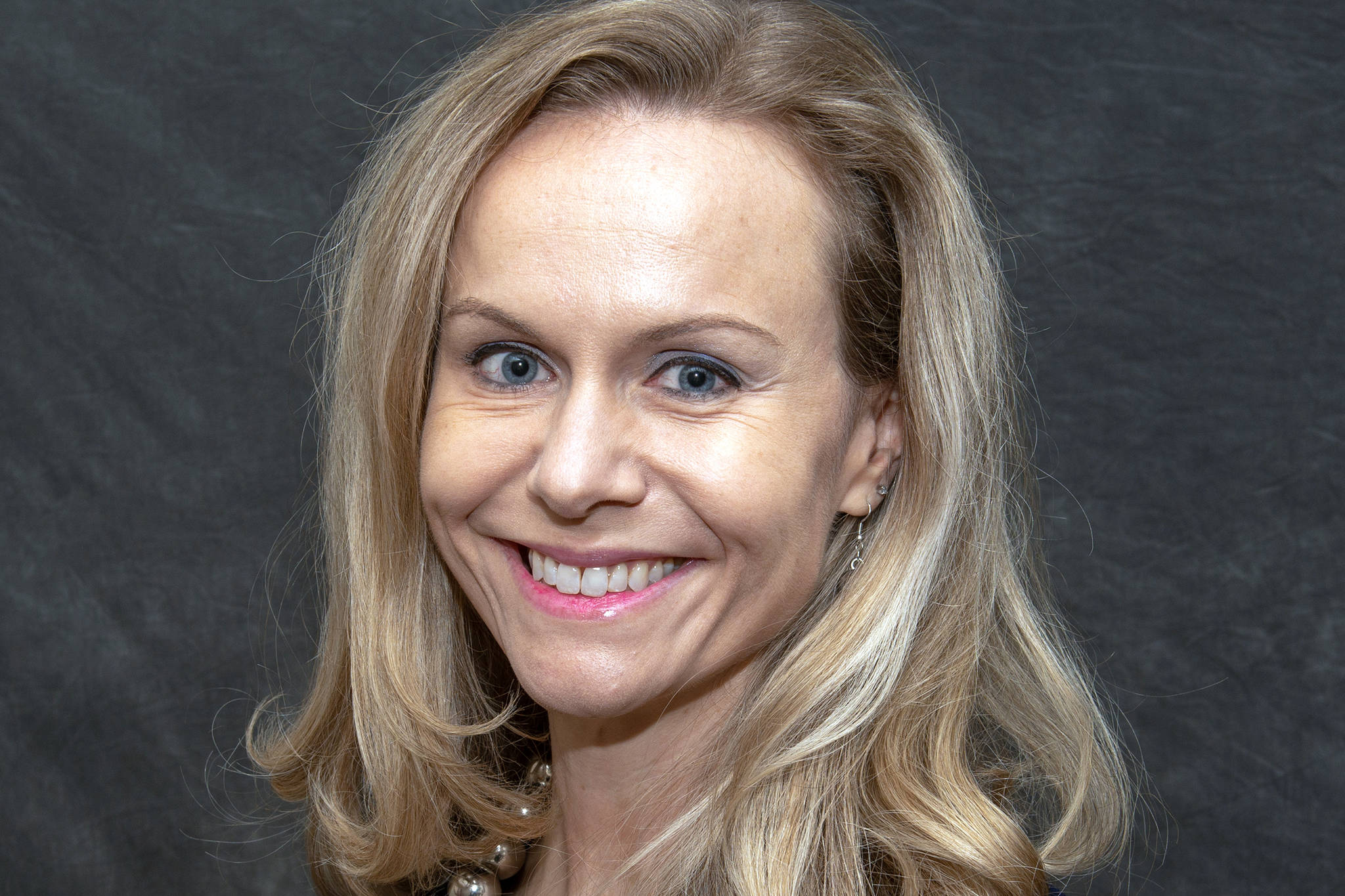To ensure worker safety and maximize continuity of government operations during the COVID-19 pandemic, Gov. Mike Dunleavy asked the Department of Administration to implement a Pandemic Preparedness Plan (PPP). Using federal COVID funding, the PPP improves telework capabilities for public employees to enable compliance with COVID-19 health precautions and continue service delivery. Approximately 40% of the State of Alaska workforce has teleworked during COVID; with the implementation of PPP, the state hopes more employees will be able to do so.
In phase 1 of the PPP, departments’ operations were assessed and analyzed to learn how tasks, services and business processes can be modified to allow quality performance in a telework environment.
The second phase of PPP focuses on providing departments and supervisors the support and tools they need to best manage a significant number of teleworking employees, and to lead and support development of employees in a rapidly changing pandemic-affected workplace setting. Revising our personnel management tools and system are necessary upgrades to the State telework infrastructure in order to ensure worker safety.
There have been some questions and misinformation about the contract for PPP Phase 2. So let’s talk straight: We had several bids, but none from an Alaskan company. We kept the minimum qualifications broad to maximize competition, we extended the deadline for bids, and in our request for proposals we specified prior experience working in Alaska was preferred, but not required.
The company that won the contract, Tandem Motion, was the lowest bidder. It is staffed by HR specialists with advanced degrees. While Tandem Motion was incorporated in 2019, the people comprising the company have more than the requisite number of years’ experience for this work. The project leaders include a former Accenture consultant, board-certified organizational psychologists, directors at the Center for Organizational Research, owners of a 45-year old business management firm, an organizational strategy consultant who served for 25 years as CEO for a global engineering, manufacturing, and distribution company, and the former head of operations and HR for an international corporation (who also happens to enjoy staying connected with her hometown community by serving as a barista when she visits home).
This work requires a deep level of highly specialized education and experience, separate from work performed by current state employees. Phase 2 has to be completed by the end of 2020 and it would take a minimum of six to 12 months to train state employees on how to perform this work. An employee would have to stop performing all other work in order to master the training and then accomplish Phase 2 tasks. If we hired new state employees to perform this work, we would have to lay them off four months later when this project is completed. Instead, we are using the subject matter experts with whom we contracted to train and develop State of Alaska employees in comprehensive workforce management strategies.
Because technology tools are critical to successful telework arrangements, future phases of the PPP focus on implementing enabling technology to significantly advance efforts to permit even greater remote connectivity, collaboration, and digitization of tasks and services.
The state is working swiftly and diligently to supply employees with the ability to telework efficiently and effectively. Similar to other contracts, once the work begins, there may be components of the contract that need to be added, further defined, reduced, or removed from the original scope. This is a standard part of DOA’s process in procurement discipline for every contract.
The PPP is time-critical; employee safety and continuity of government operations are imperative during the COVID-19 pandemic. The state is working as quickly as possible, and following all procurement code regulations, to make sure its employees continue to be well cared for during these uncertain times.
Kelly Tshibaka is commissioner of the Alaska Department of Administration.
• Kelly Tshibaka, commissioner Department of Administration

